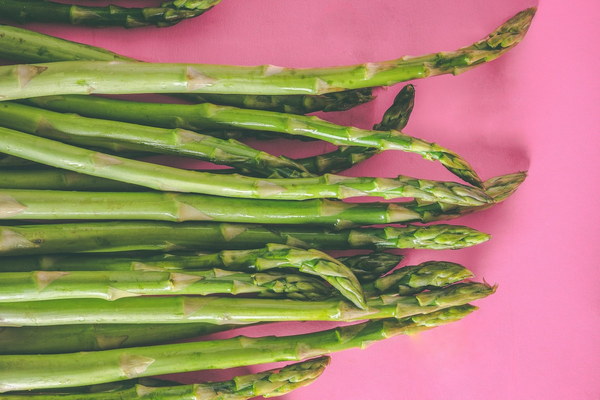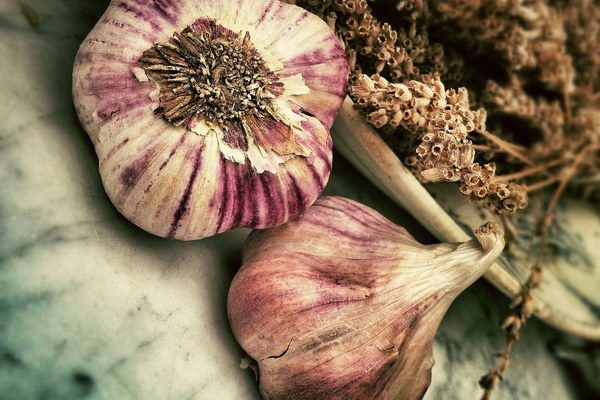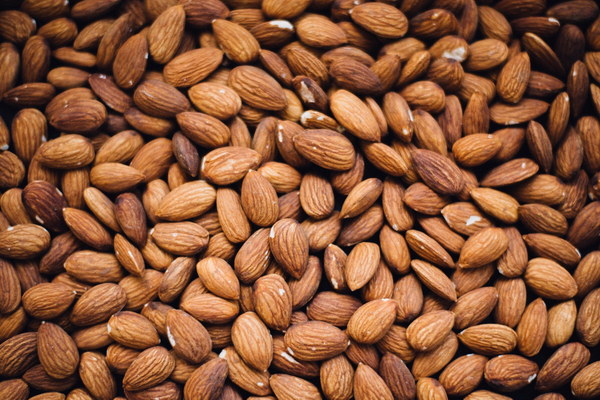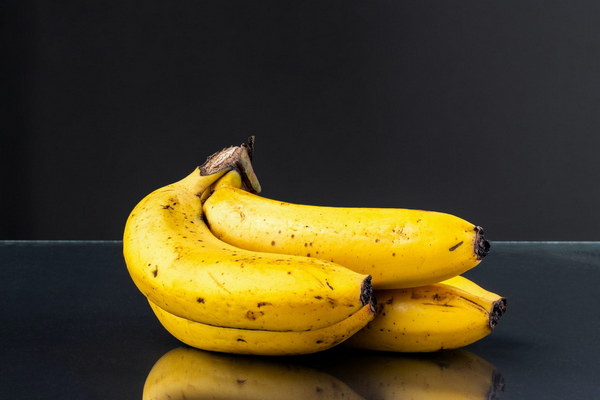Nourishing Your Way to Kidney Health Dietary Strategies for Drug-Induced Nephropathy
Introduction:
Drug-induced nephropathy is a significant concern for individuals taking certain medications, as it can lead to kidney damage or impairment. While medical intervention is crucial, dietary modifications can play a vital role in managing and preventing the progression of this condition. This article explores various dietary strategies to support kidney health in individuals with drug-induced nephropathy.
1. Adequate Protein Intake:
Protein is essential for maintaining kidney function; however, excessive protein intake can worsen kidney damage. Aim for a moderate protein intake, typically around 0.8 to 1.0 grams per kilogram of body weight per day. Opt for lean sources of protein, such as poultry, fish, legumes, and tofu, while limiting red meat and dairy products.
2. Balanced Diet:

A balanced diet rich in essential nutrients can help support kidney health. Include a variety of fruits, vegetables, whole grains, and healthy fats in your meals. Fruits like apples, berries, and citrus fruits are high in antioxidants, while vegetables like spinach, carrots, and broccoli provide essential vitamins and minerals.
3. Hydration:
Staying hydrated is crucial for kidney function. Aim to drink at least 8 to 10 glasses of water per day, or as recommended by your healthcare provider. Adequate hydration can help flush out toxins and waste products from the kidneys, reducing the risk of kidney damage.
4. Limit Sodium Intake:
Sodium can exacerbate kidney damage and increase blood pressure, which is a significant risk factor for kidney disease. Reduce your sodium intake by avoiding processed foods, adding salt to your meals, and using herbs and spices for flavor instead.
5. Control Potassium Intake:
High potassium levels can be harmful to individuals with kidney damage. Monitor your potassium intake by consuming fruits and vegetables in moderation and avoiding high-potassium foods such as bananas, oranges, tomatoes, potatoes, and avocados. Consult with a healthcare provider or a registered dietitian for personalized guidance on potassium intake.
6. Manage Phosphorus Intake:
Phosphorus can accumulate in the blood when kidney function is impaired. Limit phosphorus-rich foods like dairy products, processed meats, and nuts. Opt for low-phosphorus alternatives, such as almond milk instead of cow's milk, and choose leaner cuts of meat.
7. Avoid Artificial Sweeteners and Nitrates:
Artificial sweeteners and nitrates have been associated with increased kidney damage. Minimize your consumption of these substances by choosing natural sweeteners like honey or maple syrup and opting for fresh, unprocessed foods.
8. Include Kidney-Friendly Foods:
Certain foods can support kidney health and reduce the risk of further damage. Include foods like:
- Garlic: Known for its anti-inflammatory properties, garlic can help reduce kidney inflammation.
- Cinnamon: This spice may help lower blood sugar levels, reducing the risk of diabetic kidney disease.
- Turmeric: With its anti-inflammatory properties, turmeric can help reduce kidney inflammation and improve kidney function.
- Beets: Beets are high in nitrates, which can help improve blood flow to the kidneys.
Conclusion:
Dietary modifications can significantly impact the management of drug-induced nephropathy. By adopting a balanced diet, maintaining adequate hydration, and limiting certain nutrients, individuals with this condition can support their kidney health and reduce the risk of further damage. It is essential to work with healthcare providers and registered dietitians to develop a personalized dietary plan tailored to individual needs.









